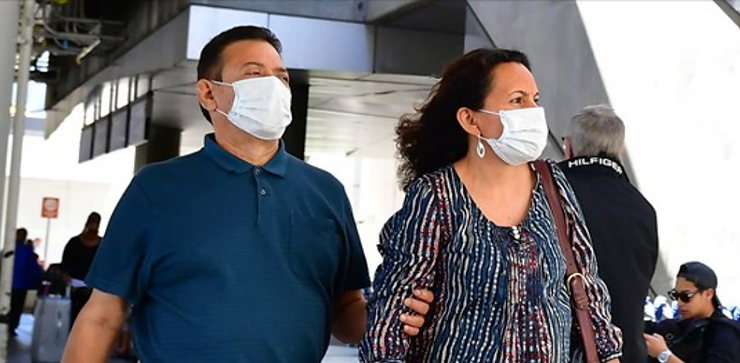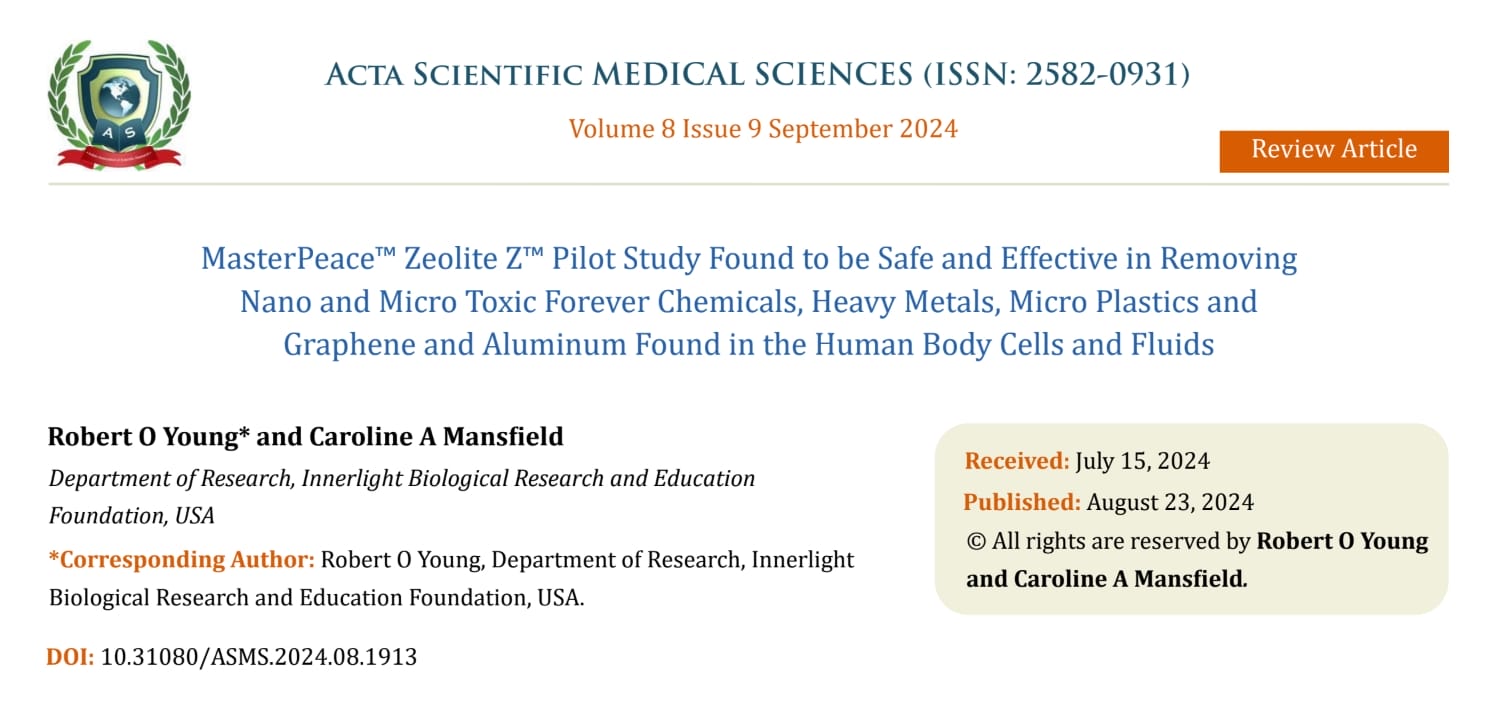WHAT CAN HAPPEN FROM PROLONGED USE OF WEARING A N95 or N99 MASK[1]
Updated: Aug 13, 2020

According to an article from BUSINESS INSIDER on March 2, 2020 — The US Surgeon General WARNS:
”’STOP BUYING MASKS’: US Surgeon General warns wearing face masks could ‘increase the spread of coronavirus”
Click here to read entire article: https://www.businessinsider.com/americans-dont-need-masks-pence-says-as-demand-increases-2020-2?fbclid=IwAR0TEE3HsJny-5QczVGGpXbRxPzcNBgWJ4LBc-kryyyfWKm84ZljloUw1DM
DRIVER IN NJ CRASH MAY HAVE PASSED OUT FROM WEARING N95 MASK TOO LONG: POLICE
Click here to read entire article: https://6abc.com/amp/n95-mask-car-crash-medical-ask-coronavirus-news/6129475/?fbclid=IwAR13UN-879Ynh8kFl2KlHpFv9tdeEA0-yeLWl6aZ_i7e5DQREzCBrtHVAFo
Normal Respiration

The normal breathing process is when you inhale, you are breathing in oxygen. When you exhale, you are breathing out carbon dioxide/CO2, an acidic gas.
Prolonged use of a facial mask can disrupt the normal airway, breathing process and inhaling excessive amounts of carbon dioxide/CO2 instead of oxygen/O2 causing a condition called hypercapnia.[2]
What is Hypercapnia

Hypercapnia is excess carbon dioxide (CO2) build-up in your body. The condition, also described as hypercapnea, hypercarbia, or carbon dioxide retention, can cause effects such as headaches, dizziness, and fatigue, as well as serious complications such as seizures or loss of consciousness. Hypercapnia may develop as a complication of chronic lung diseases such as COPD, bronchiectasis, emphysema, interstitial lung disease, and cystic fibrosis, as well as some neurological and muscle diseases.[2]
Symptoms
Common symptoms of hypercapnia, include: [2-11]
-
Fatigue
-
An inability to concentrate or think clearly
-
Headaches
-
Flushing
-
Dizziness
-
Dyspnea (shortness of breath)
-
Tachypnea (rapid breathing)
-
Increased blood pressure
Because these effects can be vague, you might not realize that they are caused by hypercapnia. Some people who have lung disease measure their own oxygen levels at home with a pulse oximeter, but this device cannot detect hypercapnia.
Your CO2 level may be too high even if your oxygen level is normal.
When you have a chronic respiratory disease, your CO2 level may be slightly elevated or may increase gradually over the course of years as your disease progresses. You can also experience sudden bouts of hypercapnia during exacerbations of a pulmonary condition.[2-11]
The level of CO2 in your blood can increase abruptly if you develop a severe lung infection, especially if you already have a chronic lung disease like chronic obstructive pulmonary disease (COPD).[3]
Complications
Severe hypercapnia can cause noticeable and distressing effects. You may experience sudden respiratory failure, which can lead to a coma and may even be fatal.
Serious, urgent symptoms of hypercapnia can include:[2-11]
-
Paranoia, depression, and confusion
-
Muscle twitches
-
Seizures
-
Palpitations (a feeling that you are having a rapid heart rate)
-
Panic, or a feeling of impending doom
-
Dilation (widening) of superficial veins in the skin
-
Papilledema (swelling of the optic nerve)

References
-
The Physiological Impact of N95 Masks on Medical Staff, https://clinicaltrials.gov/ct2/show/NCT00173017
-
Patel S, Majmundar SH. Physiology, carbon dioxide retention. In: StatPearls. Treasure Island, FL: StatPearls Publishing; 2019.
-
American Lung Association. What is COPD. Updated February 4, 2019.
-
Patel S, Majmundar SH. Physiology, carbon dioxide retention. In: StatPearls. Treasure Island, FL: StatPearls Publishing; 2019.
-
Adler D, Pépin JL, Dupuis-lozeron E, et al. Comorbidities and subgroups of patients surviving severe acute hypercapnic respiratory failure in the intensive care unit. Am J Respir Crit Care Med. 2017;196(2):200-207. doi:10.1164/rccm.201608-1666OC
-
Vadász I, Hubmayr RD, Nin N, Sporn PH, Sznajder JI. Hypercapnia: a nonpermissive environment for the lung. Am J Respir Cell Mol Biol. 2012;46(4):417-21. doi:10.1165/rcmb.2011-0395PS
-
Vogt S, Schreiber S, Kollewe K et al. Dyspnea in amyotrophic lateral sclerosis: The Dyspnea-ALS-Scale (DALS-15) essentially contributes to the diagnosis of respiratory impairment. Respir Med. 2019;154:116-121. doi:10.1016/j.rmed.2019.06.014
-
Pollock JM, Deibler AR, Whitlow CT, et al. Hypercapnia-induced cerebral hyperperfusion: an underrecognized clinical entity. AJNR Am J Neuroradiol. 2009;30(2):378-85. doi:10.3174/ajnr.A1316
-
Kaw R, Hernandez AV, Walker E, Aboussouan L, Mokhlesi B. Determinants of hypercapnia in obese patients with obstructive sleep apnea: a systematic review and metaanalysis of cohort studies. Chest. 2009;136(3):787-796. doi:10.1378/chest.09-0615
-
American Lung Association. All lung procedures and tests.
-
Morales-Quinteros L, Camprubí-Rimblas M, Bringué J, Bos LD, Schultz MJ, Artigas A. The role of hypercapnia in acute respiratory failure. Intensive Care Med Exp. 2019 Jul 25;7(Suppl 1):39. doi:10.1186/s40635-019-0239-0



